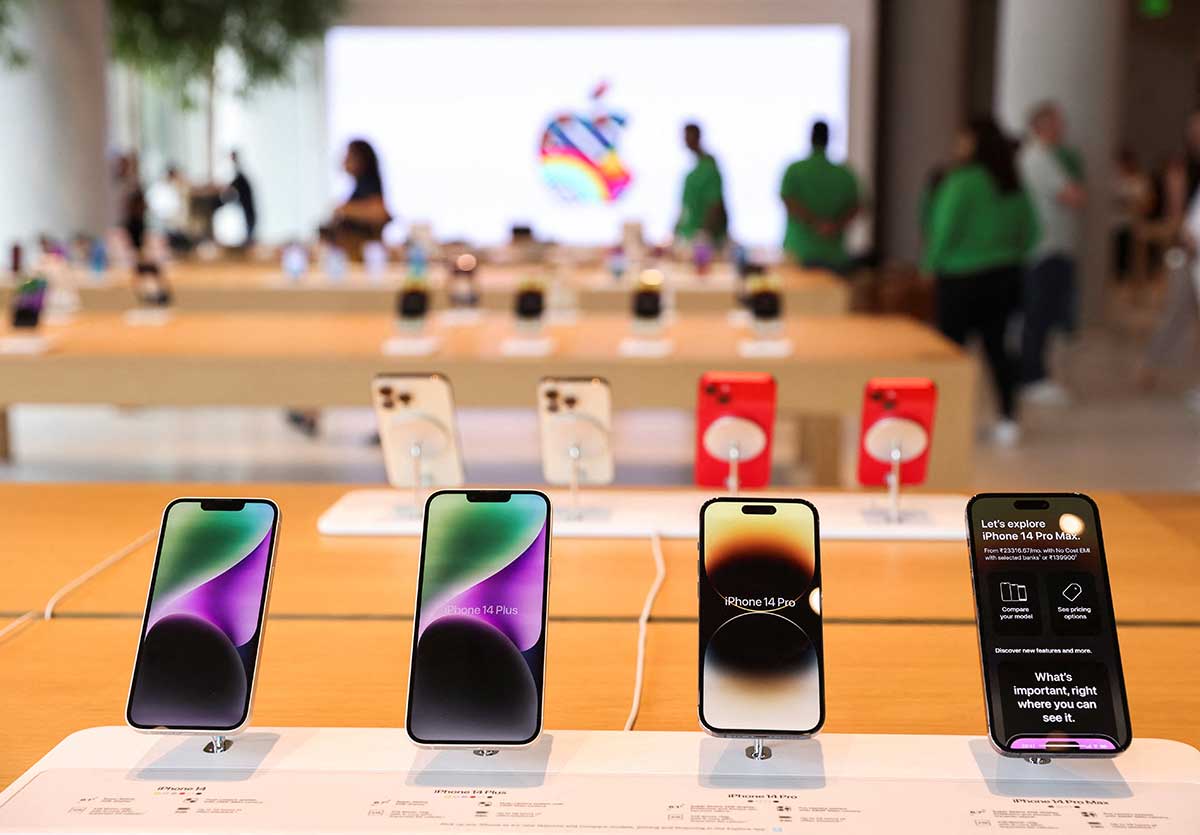The Democratic Republic of Congo has filed criminal complaints in France and Belgium against Apple Inc. and its subsidiaries, accusing the tech giant of using conflict minerals in its supply chain.
The complaints, submitted on behalf of the Congolese government, allege Apple’s involvement in “systemic wrongdoing” by sourcing materials tied to human rights abuses in Congo’s war-torn eastern regions.
Apple strongly refuted the claims, emphasizing its commitment to ethical sourcing. In a statement, the company said it does not directly procure raw materials and audits its suppliers rigorously. “We notified our suppliers earlier this year to suspend sourcing tin, tantalum, tungsten, and gold from the DRC and Rwanda due to concerns about independent auditing in the region,” Apple said, citing escalating conflict.
The company added that the majority of minerals in its products are recycled and highlighted its financial support for initiatives aimed at improving mineral traceability.
Apple’s 2023 conflict minerals report to the U.S. Securities and Exchange Commission (SEC) stated that none of its suppliers’ smelters or refiners had financed or benefited armed groups in Congo or neighboring countries.
Lawyers for the DRC government argue that Apple’s supply chain is complicit in crimes linked to conflict minerals, including war crimes, handling stolen goods, and deceptive commercial practices.
The complaints target Apple France, Apple Retail France, and Apple Retail Belgium, alleging the use of minerals pillaged from Congo and laundered through international supply chains.
“It is clear that the Apple group and its subsidiaries are aware their supply chain relies on systemic wrongdoing,” the complaint filed in France states, referencing reports from the United Nations and human rights organizations.
Belgium’s role in the case carries historical weight, as the country was the colonial ruler of Congo under King Leopold II, a period marked by extensive exploitation of the nation’s resources.
Congo’s Belgian lawyer, Christophe Marchand, emphasized Belgium’s moral obligation to support Congo in curbing the illegal mineral trade.
Congo is one of the world’s largest sources of tin, tantalum, and tungsten, essential components in electronics. However, the mining industry in eastern Congo is plagued by violence, with armed groups controlling many artisanal mines.
These groups fund their activities, including massacres, rapes, and looting, through the illicit mineral trade, often smuggling materials through neighboring Rwanda.
A July 2024 statement from the U.S. State Department highlighted the role of illicit mineral trade in financing conflict in Congo. The State Department also acknowledged flaws in existing traceability schemes, which have failed to adequately address risks at high-conflict sites.
Congo’s complaints also target ITSCI, a monitoring and certification scheme designed to help companies perform due diligence on mineral sourcing. Lawyers argue that ITSCI has been discredited, citing reports that it falsely labels minerals from conflict zones as originating from peaceful areas.
Apple’s 2023 conflict minerals report mentioned ITSCI multiple times, despite its suspension by the Responsible Minerals Initiative, a leading industry body of which Apple is a member. The RMI suspended ITSCI in 2022, citing failures to address escalating violence and lack of transparency.
The cases in France and Belgium, chosen for their emphasis on corporate accountability, represent the first criminal complaints by the DRC against a major tech company. Judicial authorities in both countries will now determine whether to investigate further and potentially bring charges.
Robert Amsterdam, a U.S.-based lawyer for the DRC, described the lawsuits as a “first salvo,” signaling the Congolese government’s intent to hold multinational corporations accountable for their role in the illegal mineral trade.
This is not the first time major tech companies have faced scrutiny over mineral sourcing in Congo. In March 2024, a U.S. federal court dismissed a lawsuit accusing Apple, Google, Tesla, Dell, and Microsoft of relying on child labor in Congolese cobalt mines.










